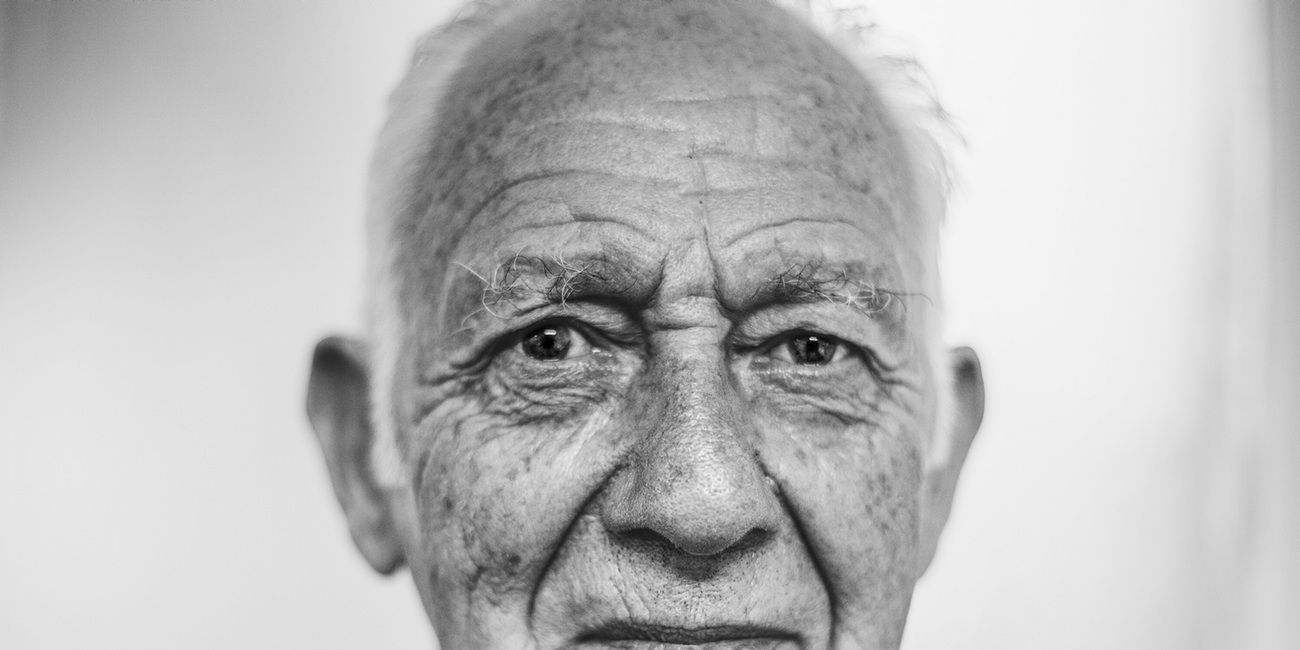
While the average life expectancy has been increasing over the 20th century, and more and more of our parents and grandparents are living longer, one in ten elderly people are abused each year in nursing homes and hospitals. This sobering statistic can take place in many forms; the various types of nursing home abuse includes financial, sexual, mental and physical abuse.
Sadly, although most of the people working in nursing homes are extremely kind, wonderful and caring, understaffing is a widespread epidemic. Adding more aides and nurses comes down to the owners of each nursing home. Often times the owners place profits above care.
Typically, a nursing home will task an aide to feed 15 or more patients during mealtime. This is twice as many as what is considered to be reasonable. While this past year the average CNA to resident ratio in New Jersey was roughly around 8.3 and 10.2 for 8 and 10-hour shifts respectively, every nursing home is different. Furthermore, in the state of New Jersey, there is no minimum staffing requirement for nursing homes. Currently, NJ legislators are looking to set a minimum standard and recently had a bill passed by the Senate to do so. A minimum staffing requirement would significantly decrease the number of elderly being abused each year.
When you do the math and find a nursing home that is more than doubling the amount of work each aide can take on, you start to see the severity of this issue. Each resident requiring food can take up to 20 minutes to be properly fed. Being improperly fed leads to elders having less nutrition and hydration, which leads to malnourishment, dehydration and weight loss. Falls occur when people aren’t receiving the right nutrition. Falls can cause injuries, fractions and even death.
Our skin is our largest organ, and when left uncared for can easily bruise, crack and bleed. When immobile patients aren’t moved, turned or repositioned, bedsores can occur. Bedsores are extremely painful, can become infected and can even kill.
As sad as all of this may be, neglect and abuse occurs more regularly than we’d like. Below is a brief list of signs that may attribute to <ahref=”https: njlegalhelp.com=”” services=”” nursing-home-abuse=”” “=””>nursing home negligence:</ahref=”https:>
- Sudden weight loss
- Dehydration
- Bedsores
- Injuries from falls
- Changes in behavior/lack of socialization
Even though these signs don’t necessarily mean abuse is occurring, it is certainly important to make a mental note should any become apparent. If it becomes necessary to approach the nursing staff with concerns, politely insist that you be kept up to date and that you are alerted immediately if anything happens. Your constant presence and engagement can go a long way. Lastly, if all else fails, contact the authorities and Contact Dansky|Katz|Ringold to seek justice for your loved ones.
Source: Paul Samakow, “Spotting signs of potential nursing home abuse,” Communities Digital News.

6 thoughts on “One in Ten Elderly People are Abused Each Year in Nursing Homes”
Comments are closed.